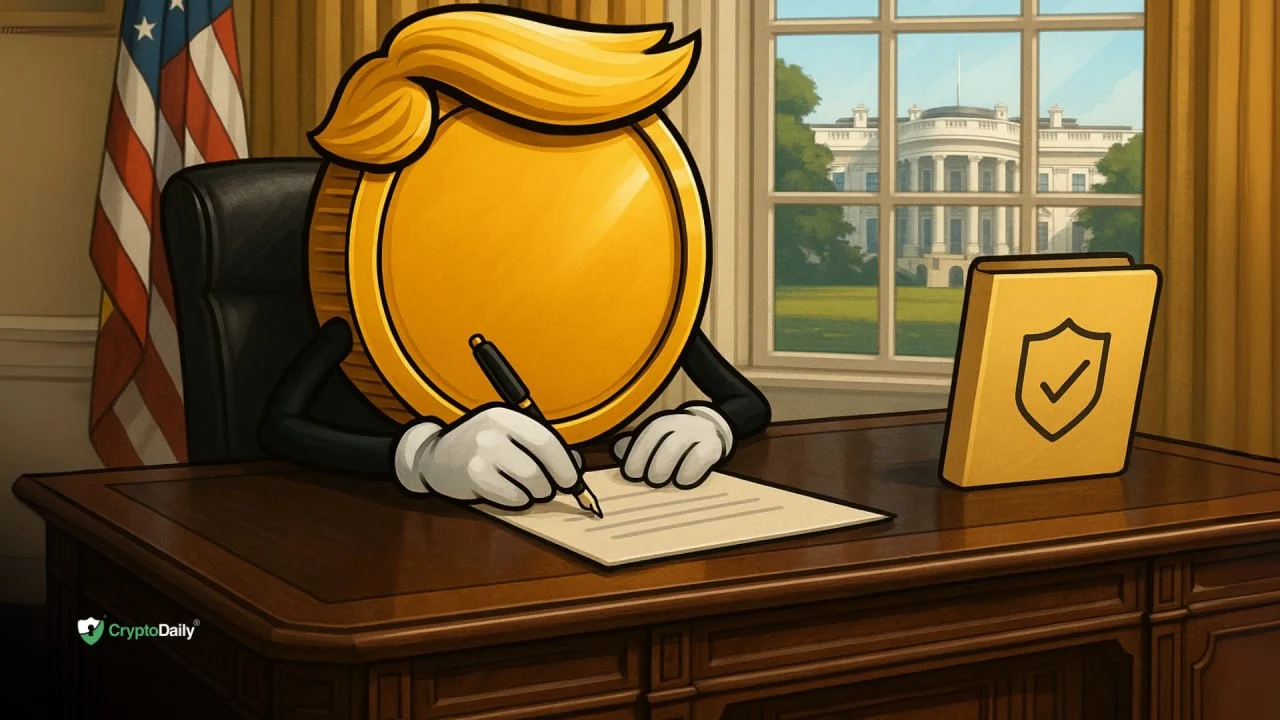White House Eyes Crackdown on Banking Bias Against Crypto and Conservatives
Former President Donald Trump is set to sign an executive order that would direct federal agencies to crack down on banks allegedly denying services to crypto firms and politically conservative entities based on ideological grounds.
Executive Order to Counter ‘Operation Chokepoint 2.0’
Former U.S. President Donald Trump is preparing to sign a sweeping executive order aimed at protecting cryptocurrency companies and conservative-aligned organizations from what his allies describe as politically motivated banking restrictions. The move is widely viewed as a response to what critics have called “Operation Chokepoint 2.0,” a term used to describe the alleged systematic exclusion of certain customers, particularly in the digital asset space, under the Biden administration.
According to a Wall Street Journal report, the draft order would compel federal banking regulators to investigate instances where financial institutions terminated customer accounts in potential violation of equal credit access, antitrust, or consumer protection laws.
Regulatory Oversight and Penalties
If enacted, the executive order would direct agencies to dismantle internal banking policies perceived to have enabled debanking based on ideological or reputational risk assessments. Institutions found in breach could face regulatory enforcement actions and financial penalties. The Justice Department may also be tasked with reviewing suspected violations, while the Federal Reserve’s role in determining access to banking infrastructure would come under additional scrutiny.
Notably, the Small Business Administration would be required to review its partnerships with financial institutions to ensure they do not engage in politically discriminatory practices.
Political and Legal Context
The draft order highlights prior cases that have drawn political attention, including a 2023 incident where Bank of America closed the account of a Christian charity operating in Uganda. While the bank cited internal policies against servicing overseas small businesses, the closure was perceived by critics as ideologically motivated.
The order also references the role of certain banks in federal probes following the January 6 Capitol riots, pushing for a regulatory review of whether institutions excluded customers for political reasons rather than legal or financial risks.
Trump, in a June interview with Decrypt, claimed that major banks acted “very nasty” toward his business interests during Biden’s term, attributing the decisions to pressure from federal regulators rather than bank executives themselves.
Industry Response and Legal Challenges
In anticipation of federal scrutiny, some banks have reportedly revised internal guidelines to explicitly prohibit political discrimination and have begun cooperating with Republican-led states to demonstrate compliance.
However, legal experts have raised concerns about the scope and enforceability of the executive order. Alex Chandra, a partner at Indonesia-based IGNOS Law Alliance, emphasized that executive orders can only enforce existing laws. He warned the order could face judicial challenges if it attempts to create new legal protections without congressional authorization.
Chandra also pointed out the lack of legal clarity around “political discrimination,” suggesting the absence of political affiliation as a protected class under U.S. anti-discrimination law could complicate enforcement and invite lawsuits.
He added,
“Even if the orders are enacted, the banks will find a way to drop customers.v ”
Disclaimer: This article is provided for informational purposes only. It is not offered or intended to be used as legal, tax, investment, financial, or other advice.
source : https://cryptodaily.co.uk


